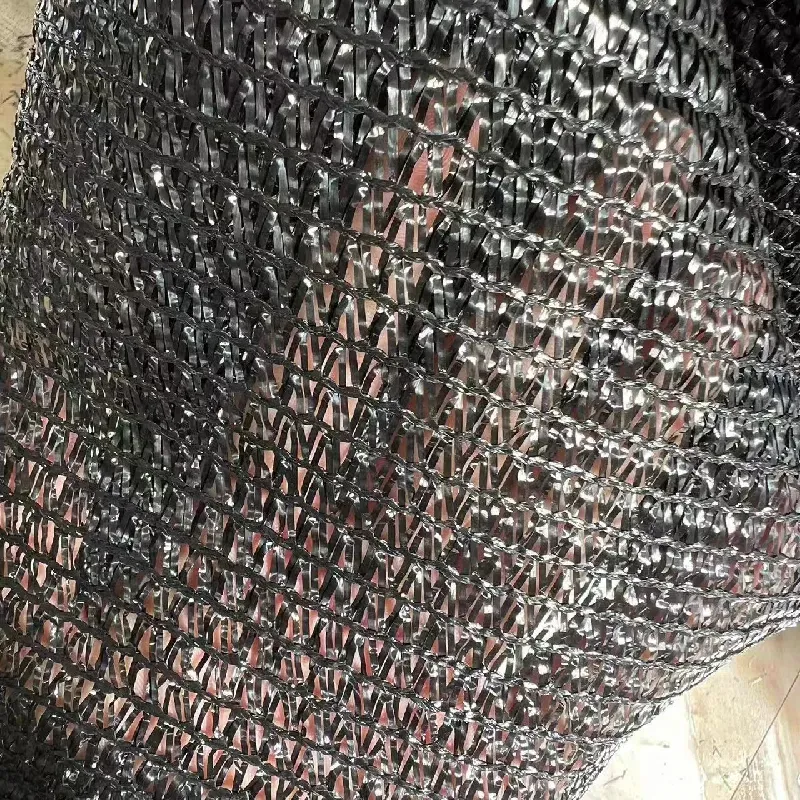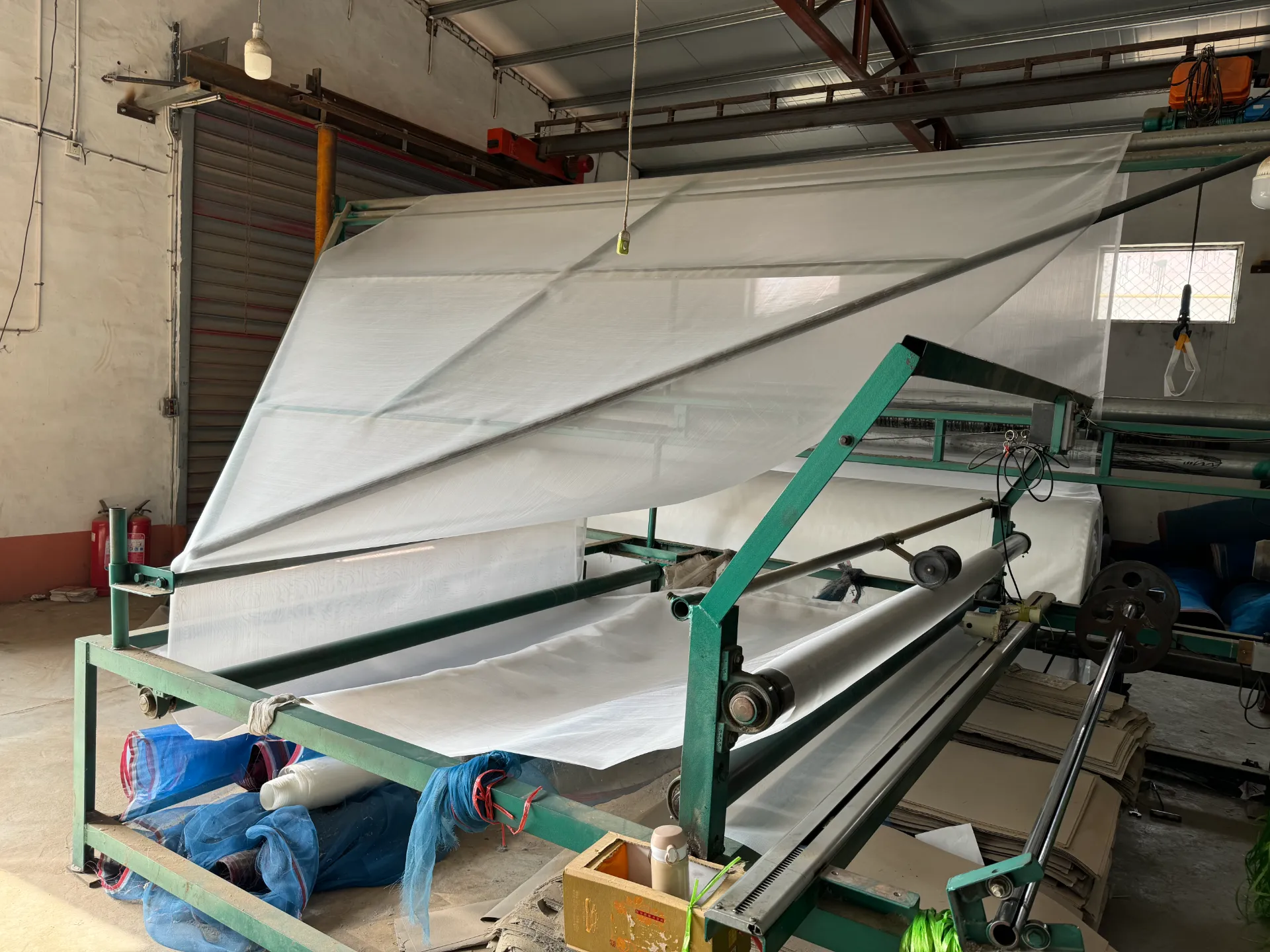-
 Afrikaans
Afrikaans -
 Albanian
Albanian -
 Amharic
Amharic -
 Arabic
Arabic -
 Armenian
Armenian -
 Azerbaijani
Azerbaijani -
 Basque
Basque -
 Belarusian
Belarusian -
 Bengali
Bengali -
 Bosnian
Bosnian -
 Bulgarian
Bulgarian -
 Catalan
Catalan -
 Cebuano
Cebuano -
 China
China -
 Corsican
Corsican -
 Croatian
Croatian -
 Czech
Czech -
 Danish
Danish -
 Dutch
Dutch -
 English
English -
 Esperanto
Esperanto -
 Estonian
Estonian -
 Finnish
Finnish -
 French
French -
 Frisian
Frisian -
 Galician
Galician -
 Georgian
Georgian -
 German
German -
 Greek
Greek -
 Gujarati
Gujarati -
 Haitian Creole
Haitian Creole -
 hausa
hausa -
 hawaiian
hawaiian -
 Hebrew
Hebrew -
 Hindi
Hindi -
 Miao
Miao -
 Hungarian
Hungarian -
 Icelandic
Icelandic -
 igbo
igbo -
 Indonesian
Indonesian -
 irish
irish -
 Italian
Italian -
 Japanese
Japanese -
 Javanese
Javanese -
 Kannada
Kannada -
 kazakh
kazakh -
 Khmer
Khmer -
 Rwandese
Rwandese -
 Korean
Korean -
 Kurdish
Kurdish -
 Kyrgyz
Kyrgyz -
 Lao
Lao -
 Latin
Latin -
 Latvian
Latvian -
 Lithuanian
Lithuanian -
 Luxembourgish
Luxembourgish -
 Macedonian
Macedonian -
 Malgashi
Malgashi -
 Malay
Malay -
 Malayalam
Malayalam -
 Maltese
Maltese -
 Maori
Maori -
 Marathi
Marathi -
 Mongolian
Mongolian -
 Myanmar
Myanmar -
 Nepali
Nepali -
 Norwegian
Norwegian -
 Norwegian
Norwegian -
 Occitan
Occitan -
 Pashto
Pashto -
 Persian
Persian -
 Polish
Polish -
 Portuguese
Portuguese -
 Punjabi
Punjabi -
 Romanian
Romanian -
 Russian
Russian -
 Samoan
Samoan -
 Scottish Gaelic
Scottish Gaelic -
 Serbian
Serbian -
 Sesotho
Sesotho -
 Shona
Shona -
 Sindhi
Sindhi -
 Sinhala
Sinhala -
 Slovak
Slovak -
 Slovenian
Slovenian -
 Somali
Somali -
 Spanish
Spanish -
 Sundanese
Sundanese -
 Swahili
Swahili -
 Swedish
Swedish -
 Tagalog
Tagalog -
 Tajik
Tajik -
 Tamil
Tamil -
 Tatar
Tatar -
 Telugu
Telugu -
 Thai
Thai -
 Turkish
Turkish -
 Turkmen
Turkmen -
 Ukrainian
Ukrainian -
 Urdu
Urdu -
 Uighur
Uighur -
 Uzbek
Uzbek -
 Vietnamese
Vietnamese -
 Welsh
Welsh -
 Bantu
Bantu -
 Yiddish
Yiddish -
 Yoruba
Yoruba -
 Zulu
Zulu
Feb . 03, 2025 02:47
Back to list
micron nylon mesh
In the world of filtration systems and material processing, the 500 micron nylon mesh stands out as a remarkable tool known for its durability and efficiency. This type of mesh has found application in various industries due to its unique properties, making it invaluable for professionals who require precise filtration capabilities.
From a technical perspective, utilizing 500 micron nylon mesh also minimizes clogging, a common issue with finer meshes. Its design allows for larger particulate capture without the risk of blocking the entire system. This quality is particularly advantageous in circumstances where flow rates are crucial, and maintaining a steady filtration process is of the utmost importance. For professionals seeking certifications or assurance of quality, 500 micron nylon mesh often meets or exceeds industry standards. Manufacturers committed to excellence typically subject their products to rigorous testing, ensuring that each mesh can withstand specified pressures and environmental conditions. This attention to quality helps build trust with clients who rely on these materials for critical operational components. Moreover, the ease of installation and maintenance associated with nylon mesh products enhances their attractiveness. The material's inherent flexibility ensures that it can be tailored to fit different system specifications, and its resilience reduces maintenance demands. Cleaning nylon mesh is a straightforward process, further reinforcing its practical appeal and allowing for repeated use without affecting its performance. For sectors prioritizing sustainable solutions, nylon mesh can often be recycled or repurposed, promoting environmental responsibility. This factor can be a significant selling point for businesses committed to sustainable practices, enabling them to integrate effective filtration solutions with their broader environmental targets. The adoption of 500 micron nylon mesh in various industrial applications is a testament to its effectiveness and reliability. With continuous innovations in production techniques and material sciences, the potential applications and efficiencies of nylon meshes are likely to expand, offering even more refined solutions to complex filtration challenges. By leveraging the robust features and flexibility of 500 micron nylon mesh, industries can enhance their operational efficacy, achieving precise and reliable separation processes essential for maintaining high standards in production and output.


From a technical perspective, utilizing 500 micron nylon mesh also minimizes clogging, a common issue with finer meshes. Its design allows for larger particulate capture without the risk of blocking the entire system. This quality is particularly advantageous in circumstances where flow rates are crucial, and maintaining a steady filtration process is of the utmost importance. For professionals seeking certifications or assurance of quality, 500 micron nylon mesh often meets or exceeds industry standards. Manufacturers committed to excellence typically subject their products to rigorous testing, ensuring that each mesh can withstand specified pressures and environmental conditions. This attention to quality helps build trust with clients who rely on these materials for critical operational components. Moreover, the ease of installation and maintenance associated with nylon mesh products enhances their attractiveness. The material's inherent flexibility ensures that it can be tailored to fit different system specifications, and its resilience reduces maintenance demands. Cleaning nylon mesh is a straightforward process, further reinforcing its practical appeal and allowing for repeated use without affecting its performance. For sectors prioritizing sustainable solutions, nylon mesh can often be recycled or repurposed, promoting environmental responsibility. This factor can be a significant selling point for businesses committed to sustainable practices, enabling them to integrate effective filtration solutions with their broader environmental targets. The adoption of 500 micron nylon mesh in various industrial applications is a testament to its effectiveness and reliability. With continuous innovations in production techniques and material sciences, the potential applications and efficiencies of nylon meshes are likely to expand, offering even more refined solutions to complex filtration challenges. By leveraging the robust features and flexibility of 500 micron nylon mesh, industries can enhance their operational efficacy, achieving precise and reliable separation processes essential for maintaining high standards in production and output.
Next:
Latest news
-
Shipping Plastic Bags for Every NeedNewsJul.24,2025
-
Safety Netting: Your Shield in ConstructionNewsJul.24,2025
-
Plastic Mesh Netting for Everyday UseNewsJul.24,2025
-
Nylon Netting for Every UseNewsJul.24,2025
-
Mesh Breeder Box for Fish TanksNewsJul.24,2025
-
Expanded Steel Mesh Offers Durable VersatilityNewsJul.24,2025











